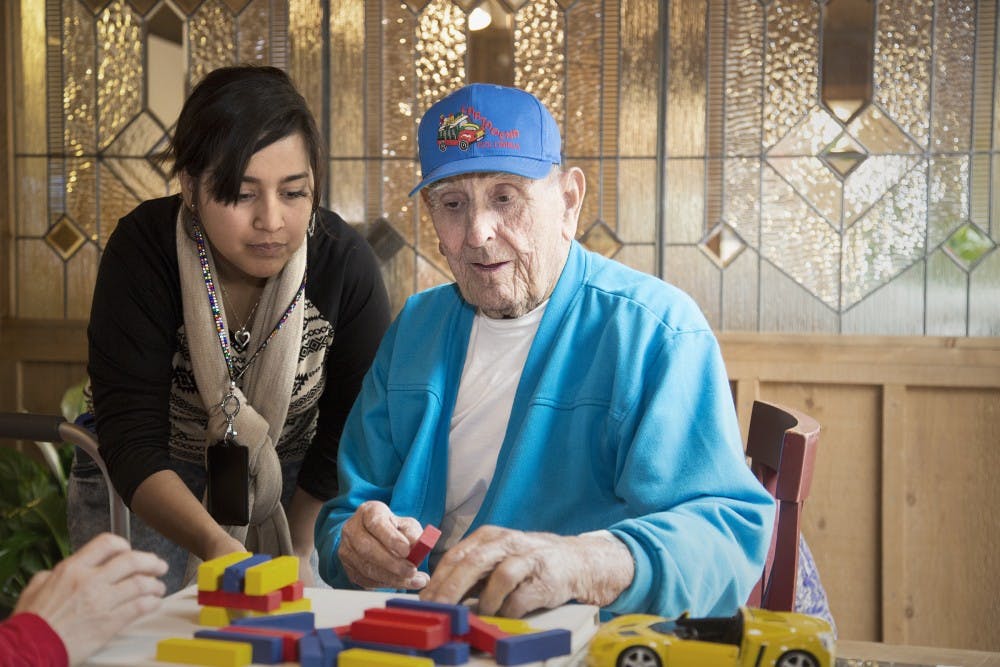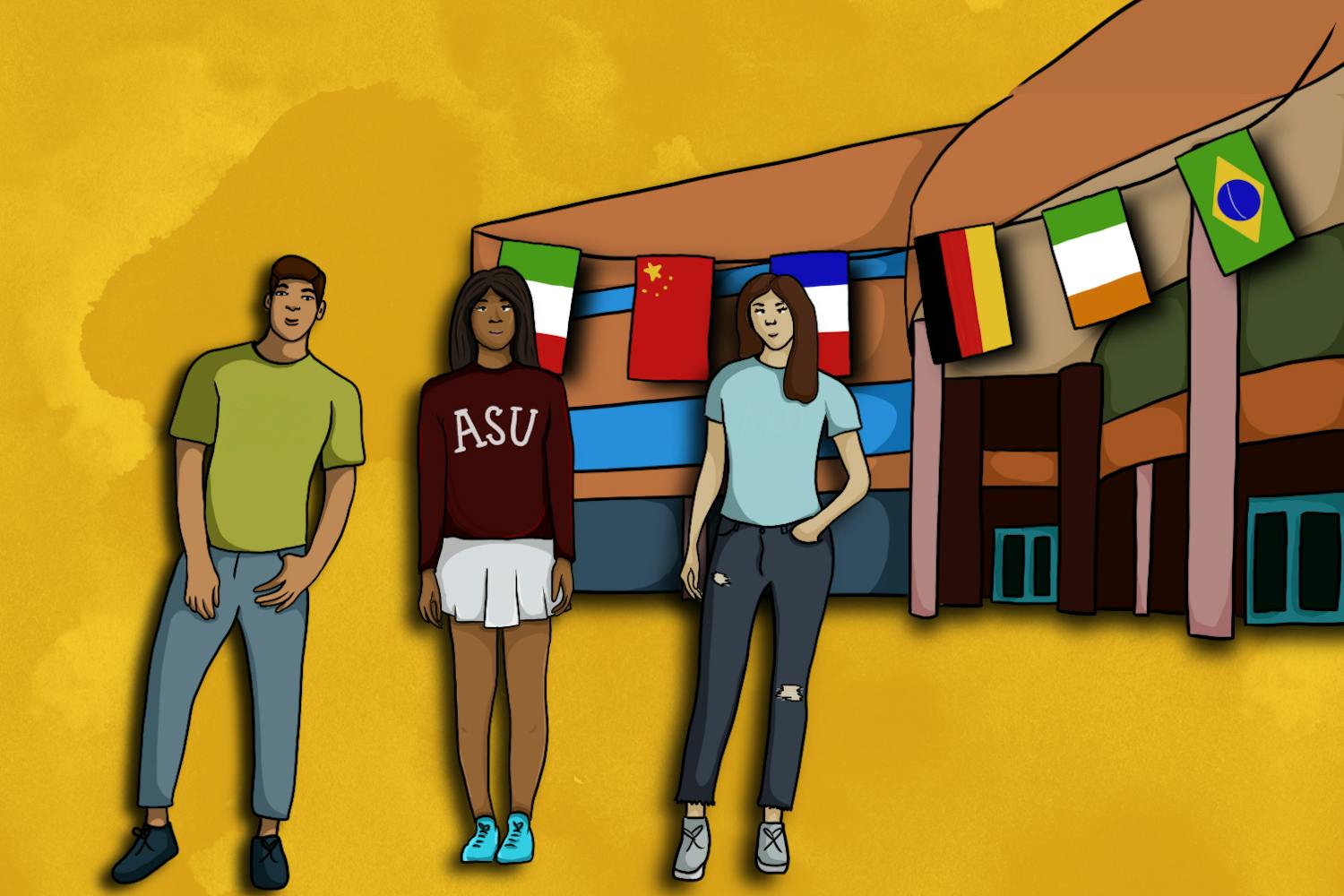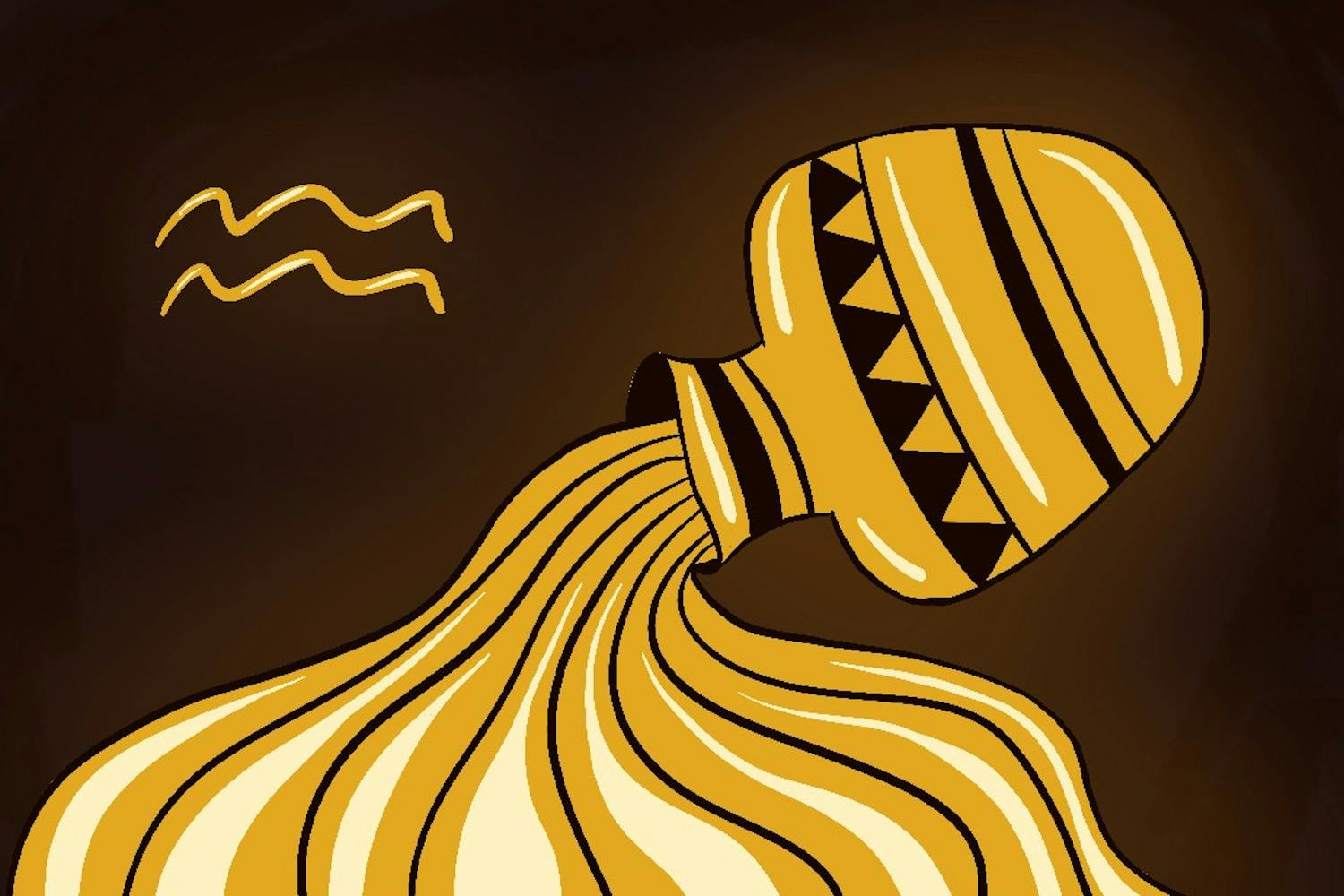In an effort to get more students involved with caretaking for Alzheimer’s and dementia patients, ASU and Hospice of the Valley have partnered to form a new class through the College of Health Solutions.
The class, titled "Change a Life, Change a Community," offers participating students an opportunity to be caretakers for patients with Alzheimer’s and dementia.
Gillian Hamilton, the administrative medical director at Hospice of the Valley, said that with increasing cases of dementia in the U.S., getting college students is an important step to better understanding the illness.
“Dementia is becoming more and more prevalent,” Hamilton said. “Almost half of 85-year-olds have Alzheimer’s disease, and we’re finding that young people are not inspired to go into that field. They don't think taking care of people with Alzheimer's disease is exciting or interesting or challenging, so we wanted to start right from scratch and try to show them what an amazing field it is.”
While the students will be working with Hospice of the Valley, most of them will be assigned to patients in earlier stages of their illnesses.
Hamilton said communication is the most difficult challenge students will face. Through trial and error, students will learn how to communicate with their patients. No two situations could be handled the same.
“The challenges are that with people with dementia — you have to communicate in a completely different way,” Hamilton said. “You have to understand that when they do something like swear at you or hit out, they're really expressing a need they don't have the words for. You become a detective to find out what's causing this agitation and at the same time, you become a detective to find out ‘how can I engage this person whose brain cells are diminished, but who still is a person and has strong emotions and interests.”
Students will have advisers who will train them before they will eventually care for their patients on their own.
Lin Sue Cooney, director of community engagement for Hospice of the Valley, said taking the course will teach participants how to better care for Alzheimer’s patients, something she doesn’t think millennials are currently prepared for.
“I don't think our society is ready for all the people we’re going to have to care for with dementia,” Cooney said. “This takes the new generation, (it) makes them aware of what dementia is and how to care for people that are going to be aging. It will get them interested in professions, doctors, nurses, therapists, that there will be a big need for.”
Cooney also said that by taking the class, participants will learn more about how to not only act as caregivers for the patient, but to help improve family dynamics as well.
Family dynamics are part of what interested junior Christy Thomas. Thomas, a medical studies student who enrolled in the class, is focusing on dementia for her honors thesis. She said she thinks taking this class will be a great way to learn more about the disease as well as its effects on families.
“It’s not finalized yet, but I’m hoping to do my honors thesis on how children develop in their understanding of Alzheimer’s and dementia when they have a grandparent in a hospice center,” she said.
“I feel like I haven’t seen enough research on the coping of it and I’m always interested in the family dynamics,” Thomas said. “And I don’t think the actual care itself is addressed enough. I feel like people don’t understanding how the family deals with it.”
Hamilton said beyond learning about Alzheimer’s and caretaking, participants will learn a lot more about life and perspective.
“These people live entirely in the present while most of us live much more in the past or future,” she said. “It's an incredible opportunity to remind ourselves to be here.”
Reach the reporter at Emmillma@asu.edu or follow @Millmania1 on Twitter.
Like The State Press on Facebook and follow @statepress on Twitter.




